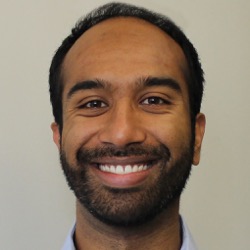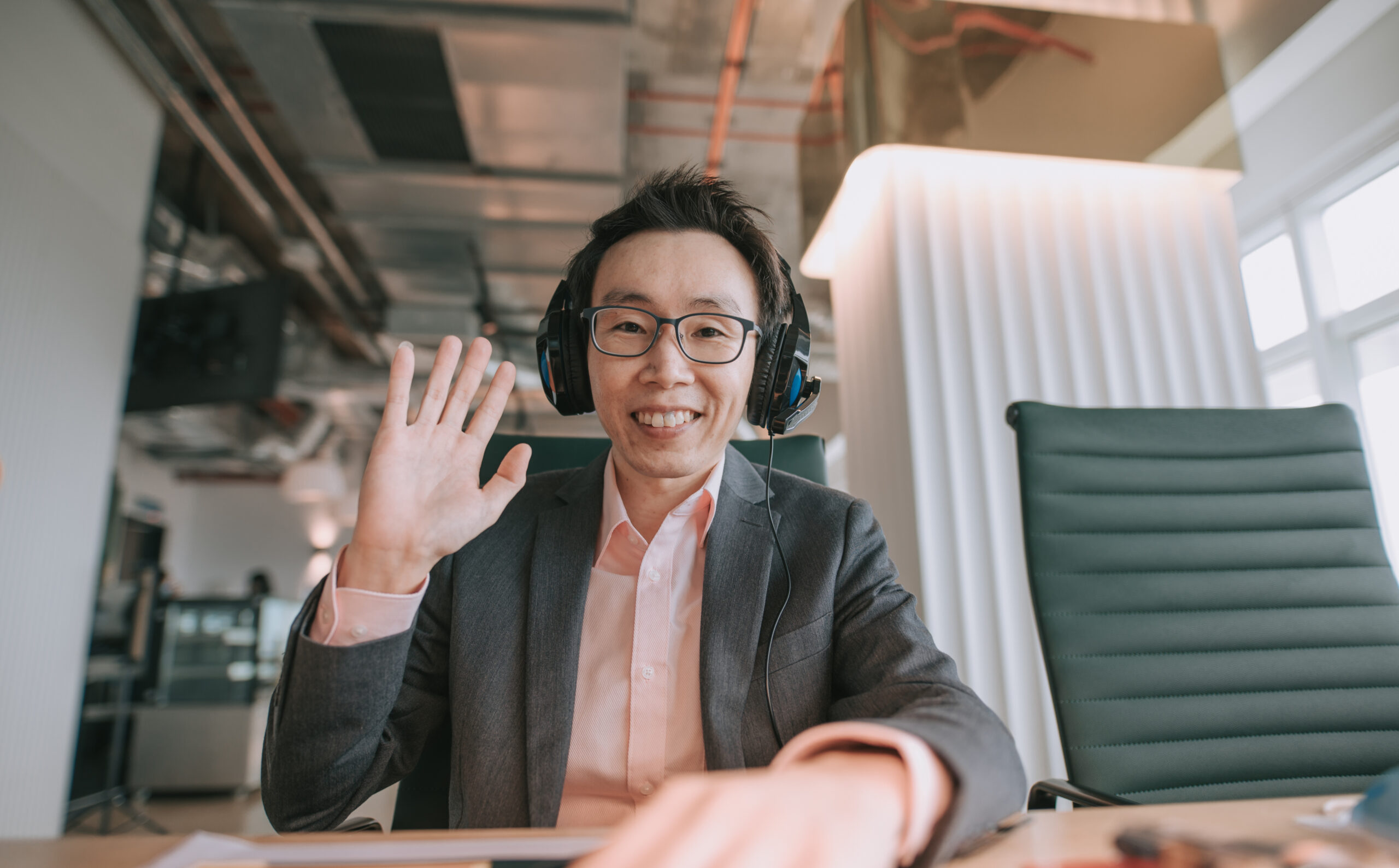Dr. Gaurab Basu, a primary care physician at the Cambridge Health Alliance, shares his experiences participating in global health projects in Liberia and India.
How did you first develop an interest in global health?
I think that working in outreach programs with immigrants in New York City really led to my interest in practicing medicine in diverse cultural contexts. Our outreach team was focused on different health issues that are often prevalent among immigrants, and so we did a lot of work with tuberculosis, for example.
I took a year off from medical school, between my 3rd and 4th year, to get an MPH, concentrating on human rights. During that year I went to West Bengal, India, where my family is from. My grandma was 14-years-old when she got married and had her first child by the time she was 16. My visit to West Bengal really inspired me to work to women’s health. I was learning a lot about my grandparents lives, the challenges that they faced, the influences on their decisions about starting a family. I went to West Bengal to work in rural villages, to try to understand how we could improve family planning and women’s health issues in that setting. It was a powerful experience for me that allowed me learn a lot about the community health in rural India and a lot about myself.
People will walk for 10 or 12 hours to deliver a baby at the clinic. Imagine walking that far when you’re pregnant; it’s pretty inspiring. I think it makes you feel grateful for the resources you do have.
What lessons did you learn from participating in global health projects?
There’re so many communities that don’t have fresh water, that aren’t getting basic immunizations, that don’t have a safe place to deliver babies. We take a lot for granted here. These problems must be solved in order to change the high mortality rates. When we work in Liberia, we work in very remote villages that have no resources. They barely have any kind of medical infrastructure. People will walk for 10 or 12 hours to deliver a baby at the clinic. Imagine walking that far when you’re pregnant; it’s pretty inspiring. I think it makes you feel grateful for the resources you do have.
I do think an interesting lesson also is that we often overuse resources in the U.S., and it doesn’t always lead to improved health. We can order too many CAT scans, or have too many procedures done. I think we have to challenge ourselves to ask whether a given procedure really will improve people’s health. Just because we have the ability to get a procedure done, or imaging study done, doesn’t always mean it’s the best choice for medical care. In these remote areas, where you don’t have those resources, it really teaches you to make sure you do quality clinical exams. In Liberia, we have to rely on listening to the heart and understanding what’s going on in someone’s body just from our clinical evaluations.
Do you have any tips for residents who want to contribute to global health abroad?
Trying to find a mentor is the best way; there’s no question. I think being able to connect with a project that someone is already working on is a lot easier. It’s hard to create new projects or go into an area that you are not familiar with, especially if it doesn’t have the staffing.
It’s also important to remember that as residents, we’re trainees working on a particular skill set. Sometimes when people go abroad they do medical work that they aren’t trained for and wouldn’t be allowed to do in the U.S. The same standards should apply when you’re somewhere else also.
There are a lot of organizations out there. I would say either find a local mentor or work through an organization that’s doing work already in a location of interest.





